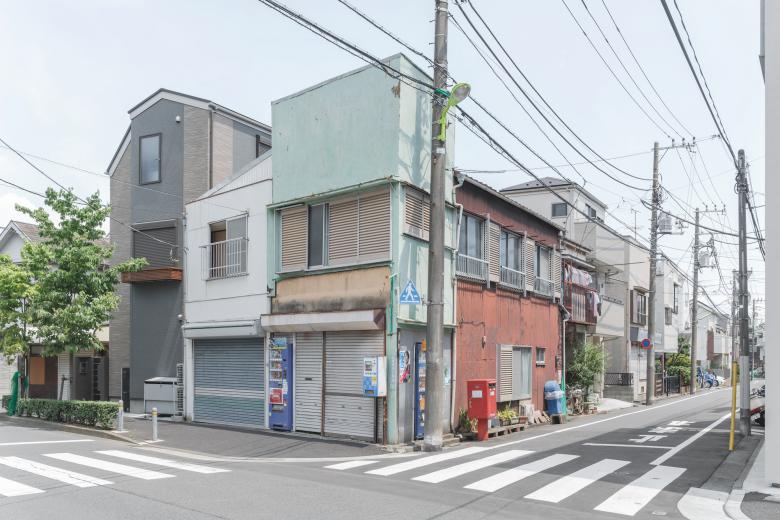Vivisection – The Drama of Life
The Japanese Center in Berlin (JDZB) is hosting a presentation on Japan’s planned contribution to the 17th International Architecture Exhibition La Biennale di Venezia that is scheduled to open in May 2021. The livestream lecture and discussion are scheduled for November 19, when curator Kozo Kadowaki and exhibition designers Jo Nagasaka and Ryoko Iwase will explain their proposal.
Kozo Kadowaki, professor at Meiji University, came up with the concept, "Co-Ownership of Action: Trajectories of Elements." It involves disassembling a small house in Tokyo and shipping it to the Venetian Lagoon, where it will be displayed in the Japanese pavilion — but not reassembled. The idea refers to the World expositions of the 19th century, when it was not uncommon to show an exotic/ethnic architecture in full scale. But there is a distinction: It is not a temple or important villa that gets sent across the ocean; it is a perfectly ordinary postwar-era house. Functioning like an architectural vivisection, it is intended, says Kadowaki, that "the additions and renovations reveal the drama of life, and the transformations and distortions of modern Japanese society."
The pavilion in the Giardini is a beautiful structure, designed by Takamasa Yoshizaka in 1956 and featuring a raised gallery sheltering an outdoor space. In 1996 and 2012 Japan won the Golden Lion for the best national participation, plus a special mention in 2016, so the stakes are high.
Wooden houses like these are commonplace in Japan. "One consequence of the country’s declining population is a large number of houses that await demolition," says Kadowaki. Once in Venice, the house will not retain its original form. Having been dismantled to fit into containers, its elements will find new uses: as display walls, benches, projection screens. Elements will be lost in the course of dismantling, shipping, and reassembling. The architects from Japan who travel to Venice to revive and rebuild the house will compensate for its missing elements with new or locally obtained materials.
But the collaboration will not be "complete." The work continues for the duration of the exhibition. "What we will be displaying is the process by which architects and artisans collaborate to produce a chimera-like installation that combines old and new materials."
RADIKAL MODERN_04: Co-Ownership of Action will take place on November 19, when Kadowaki will discuss his plans together with exhibition designers Jo Nagasaka from Schemata Architects and Ryoko Iwase, who has an eponymous studio in Tokyo. They will be accompanied by German hosts Heike Hanada (Technical University of Dortmund) and Jörg Gleiter (Technical University of Berlin) as part of JDZB’s Radikal Modern_04 series.
Commissioner for "Co-Ownership of Action: Trajectories of Elements" is The Japan Foundation. The opening party in Venice is scheduled for May 20, 2021, at 3pm.



